Researchers Discover Key Link Between Mitochondria And Cocaine Addiction

Researchers Discover Key Link Between Mitochondria and Cocaine Addiction
For years, scientists have known that mitochondria—the power source of cells—play a role in brain disorders such as depression, bipolar disorder, anxiety and stress responses. But recently scientists at the University of Maryland School of Medicine (UMSOM) have identified significant mitochondrial changes in brain cells that take place in cocaine addiction, and they have been able to block them.
In mice exposed repeatedly to cocaine, UMSOM researchers were able to identify an increase in a molecule that plays a role in mitochondria division (or fission) in a reward region of the brain. Researchers were able to block this change by using a special chemical, Mdivi-1. The researchers also blocked responses to cocaine by genetically manipulating the fission molecule within the mitochondria of brain cells, according to research published in Neuron.
“We are actually showing a new role for mitochondria in cocaine-induced behavior, and it’s important for us to further investigate that role,” said Mary Kay Lobo, PhD, Associate Professor of Anatomy and Neurobiology.
The researchers initially studied the mitochondria in cocaine-exposed mice and determined that mitochondria fission increased in the major reward region of the brain. To confirm this same change in humans, researchers were able to identify similar changes in the mitochondrial fission molecule in tissue collected from post mortem individuals who were cocaine dependents.
Dr. Lobo said that this latest research could help UMSOM researchers better understand changes in brain cells and mitochondria from other addictive disorders. “We are interested to see if there are mitochondrial changes when animals are taking opiates. That is definitely a future direction for the lab,” she said.
More Posts from Karlfelersii and Others
Making A.I. Systems that See the World as Humans Do
A Northwestern University team developed a new computational model that performs at human levels on a standard intelligence test. This work is an important step toward making artificial intelligence systems that see and understand the world as humans do.
“The model performs in the 75th percentile for American adults, making it better than average,” said Northwestern Engineering’s Ken Forbus. “The problems that are hard for people are also hard for the model, providing additional evidence that its operation is capturing some important properties of human cognition.”
The new computational model is built on CogSketch, an artificial intelligence platform previously developed in Forbus’ laboratory. The platform has the ability to solve visual problems and understand sketches in order to give immediate, interactive feedback. CogSketch also incorporates a computational model of analogy, based on Northwestern psychology professor Dedre Gentner’s structure-mapping theory. (Gentner received the 2016 David E. Rumelhart Prize for her work on this theory.)
Forbus, Walter P. Murphy Professor of Electrical Engineering and Computer Science at Northwestern’s McCormick School of Engineering, developed the model with Andrew Lovett, a former Northwestern postdoctoral researcher in psychology. Their research was published online this month in the journal Psychological Review.
The ability to solve complex visual problems is one of the hallmarks of human intelligence. Developing artificial intelligence systems that have this ability not only provides new evidence for the importance of symbolic representations and analogy in visual reasoning, but it could potentially shrink the gap between computer and human cognition.

(Image caption: An example question from the Raven’s Progressive Matrices standardized test. The test taker should choose answer D because the relationships between it and the other elements in the bottom row are most similar to the relationships between the elements of the top rows)
While Forbus and Lovett’s system can be used to model general visual problem-solving phenomena, they specifically tested it on Raven’s Progressive Matrices, a nonverbal standardized test that measures abstract reasoning. All of the test’s problems consist of a matrix with one image missing. The test taker is given six to eight choices with which to best complete the matrix. Forbus and Lovett’s computational model performed better than the average American.
“The Raven’s test is the best existing predictor of what psychologists call ‘fluid intelligence, or the general ability to think abstractly, reason, identify patterns, solve problems, and discern relationships,’” said Lovett, now a researcher at the US Naval Research Laboratory. “Our results suggest that the ability to flexibly use relational representations, comparing and reinterpreting them, is important for fluid intelligence.”
The ability to use and understand sophisticated relational representations is a key to higher-order cognition. Relational representations connect entities and ideas such as “the clock is above the door” or “pressure differences cause water to flow.” These types of comparisons are crucial for making and understanding analogies, which humans use to solve problems, weigh moral dilemmas, and describe the world around them.
“Most artificial intelligence research today concerning vision focuses on recognition, or labeling what is in a scene rather than reasoning about it,” Forbus said. “But recognition is only useful if it supports subsequent reasoning. Our research provides an important step toward understanding visual reasoning more broadly.”
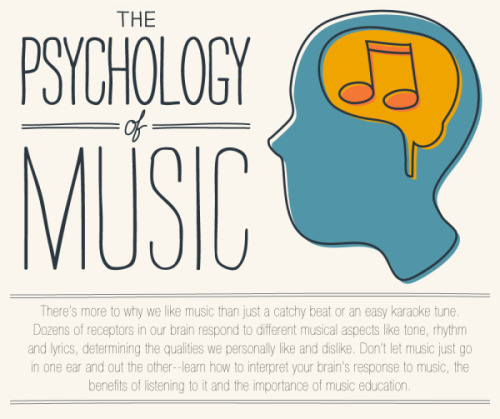
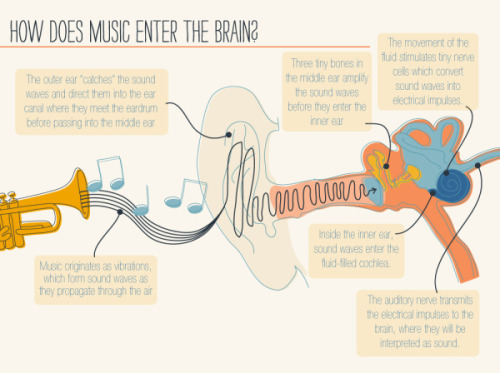
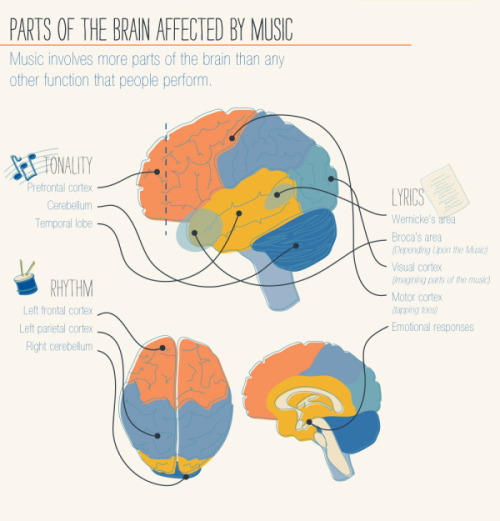
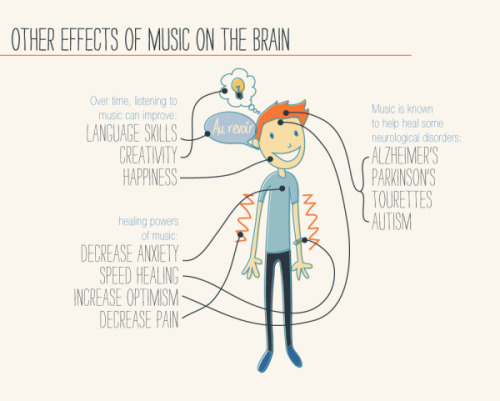
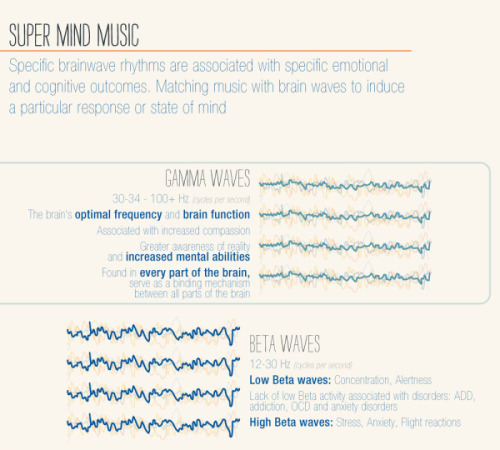
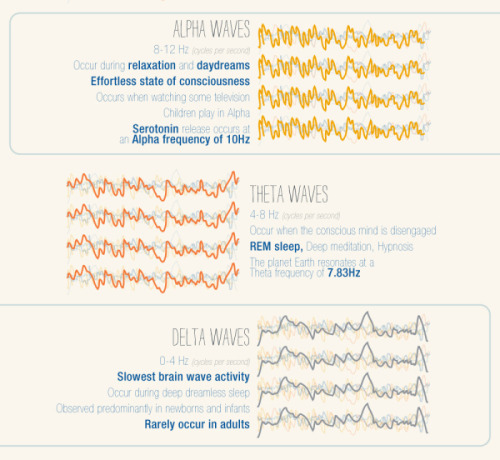
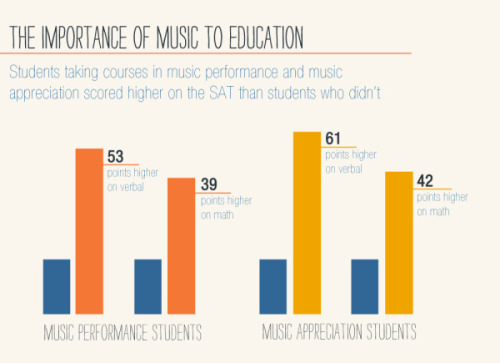
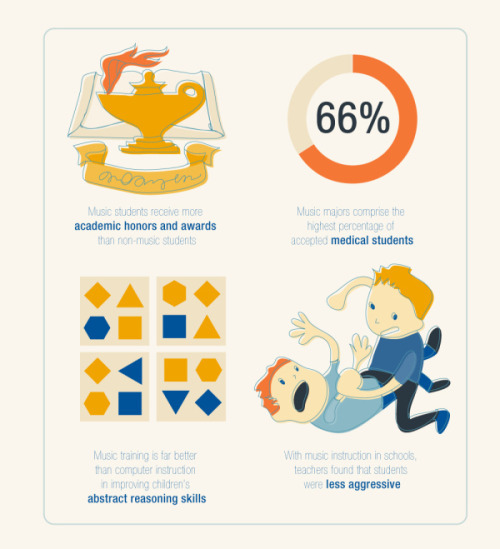


For more posts like these, go to @mypsychology

How to Study Effectively | Psych2Go

6 Ways to Survive Parties as an Introvert

There’s a reason why introverts aren’t usually particularly fond of parties—too much stimulation and small talk, but not enough authenticity and quiet. And yet, like most things in life, sometimes parties are inevitable. So, why do we do it? Why do we spend long Friday nights out feeling lonelier than when we’re alone? Because despite hating the peer pressure we face making bad decisions, we hate not participating even more. We hate not knowing. But there are ways to make good decisions and enjoy parties, rather than seeing them as mere social obligations. Psych2Go shares with you 6 ways to survive parties as an introvert:
1. Know when it’s worth it to go out.
It’s okay to be selective about which parties to attend. In fact, it’s smart to choose what works best for you. You don’t have to go to every event you’re invited to. It’s similar to dating. If we spent all our time trying to date everyone, it would lose meaning. We’re not compatible with every person that we meet, and the same applies to parties. It’s okay to skip out…
Continue Reading Here










For more posts like these, go to @mypsychology

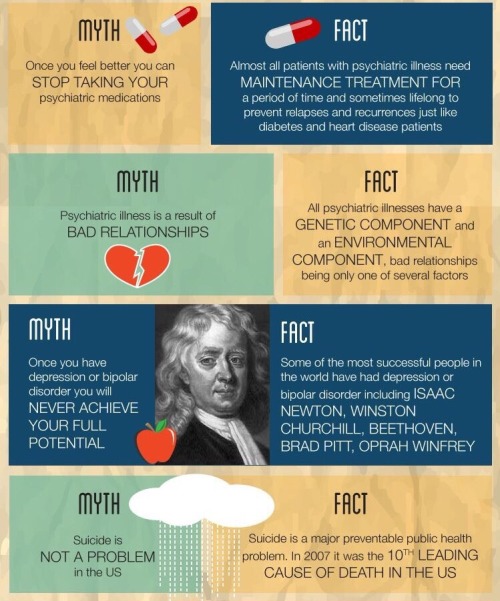



Myths & Facts about Mental Illness
source: Global Medical Education
For more follow us @ Awake Society











For more posts like these, go to @mypsychology
-
 velasmonet reblogged this · 3 years ago
velasmonet reblogged this · 3 years ago -
 pandoras-main-heart reblogged this · 3 years ago
pandoras-main-heart reblogged this · 3 years ago -
 pandoras-main-heart liked this · 3 years ago
pandoras-main-heart liked this · 3 years ago -
 vythodias liked this · 3 years ago
vythodias liked this · 3 years ago -
 didanawisgi reblogged this · 3 years ago
didanawisgi reblogged this · 3 years ago -
 didanawisgi liked this · 3 years ago
didanawisgi liked this · 3 years ago -
 pleasurehunter2000 liked this · 4 years ago
pleasurehunter2000 liked this · 4 years ago -
 experimental-exterminatus liked this · 5 years ago
experimental-exterminatus liked this · 5 years ago -
 f0rg3tm3n0t liked this · 6 years ago
f0rg3tm3n0t liked this · 6 years ago -
 iindigoboii liked this · 6 years ago
iindigoboii liked this · 6 years ago -
 theviceprovost liked this · 6 years ago
theviceprovost liked this · 6 years ago -
 thelatenightflowerhour liked this · 6 years ago
thelatenightflowerhour liked this · 6 years ago -
 nizdawgphd reblogged this · 6 years ago
nizdawgphd reblogged this · 6 years ago -
 youandyourfuckingcoffee liked this · 6 years ago
youandyourfuckingcoffee liked this · 6 years ago -
 argenonsixnorth-moved liked this · 6 years ago
argenonsixnorth-moved liked this · 6 years ago -
 indonesianboyinamerica reblogged this · 6 years ago
indonesianboyinamerica reblogged this · 6 years ago -
 stairwell-flowers liked this · 6 years ago
stairwell-flowers liked this · 6 years ago -
 mbzahorchak liked this · 6 years ago
mbzahorchak liked this · 6 years ago -
 justmetoo2-blog liked this · 6 years ago
justmetoo2-blog liked this · 6 years ago -
 gio4521 liked this · 6 years ago
gio4521 liked this · 6 years ago -
 cellbioblogger reblogged this · 6 years ago
cellbioblogger reblogged this · 6 years ago -
 studyflxwer reblogged this · 6 years ago
studyflxwer reblogged this · 6 years ago -
 bondi-st-blues reblogged this · 6 years ago
bondi-st-blues reblogged this · 6 years ago -
 kahtastrophe reblogged this · 6 years ago
kahtastrophe reblogged this · 6 years ago -
 ccmmccww-blog liked this · 6 years ago
ccmmccww-blog liked this · 6 years ago -
 chocolatehottubtastemaker liked this · 6 years ago
chocolatehottubtastemaker liked this · 6 years ago -
 33113311 liked this · 6 years ago
33113311 liked this · 6 years ago -
 panda-poes reblogged this · 6 years ago
panda-poes reblogged this · 6 years ago -
 didntwanttogetpolitical liked this · 6 years ago
didntwanttogetpolitical liked this · 6 years ago -
 ahzuwa reblogged this · 6 years ago
ahzuwa reblogged this · 6 years ago -
 tjwock reblogged this · 6 years ago
tjwock reblogged this · 6 years ago -
 kathrynv01-blog liked this · 6 years ago
kathrynv01-blog liked this · 6 years ago -
 mim70 liked this · 6 years ago
mim70 liked this · 6 years ago -
 molecular-despot liked this · 6 years ago
molecular-despot liked this · 6 years ago -
 marithadotws reblogged this · 6 years ago
marithadotws reblogged this · 6 years ago -
 danceamicadance reblogged this · 6 years ago
danceamicadance reblogged this · 6 years ago -
 urielrockrocker reblogged this · 6 years ago
urielrockrocker reblogged this · 6 years ago -
 tisitheone liked this · 6 years ago
tisitheone liked this · 6 years ago -
 lama1989 liked this · 6 years ago
lama1989 liked this · 6 years ago -
 thatrenaissanceguy liked this · 6 years ago
thatrenaissanceguy liked this · 6 years ago
